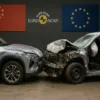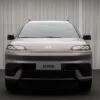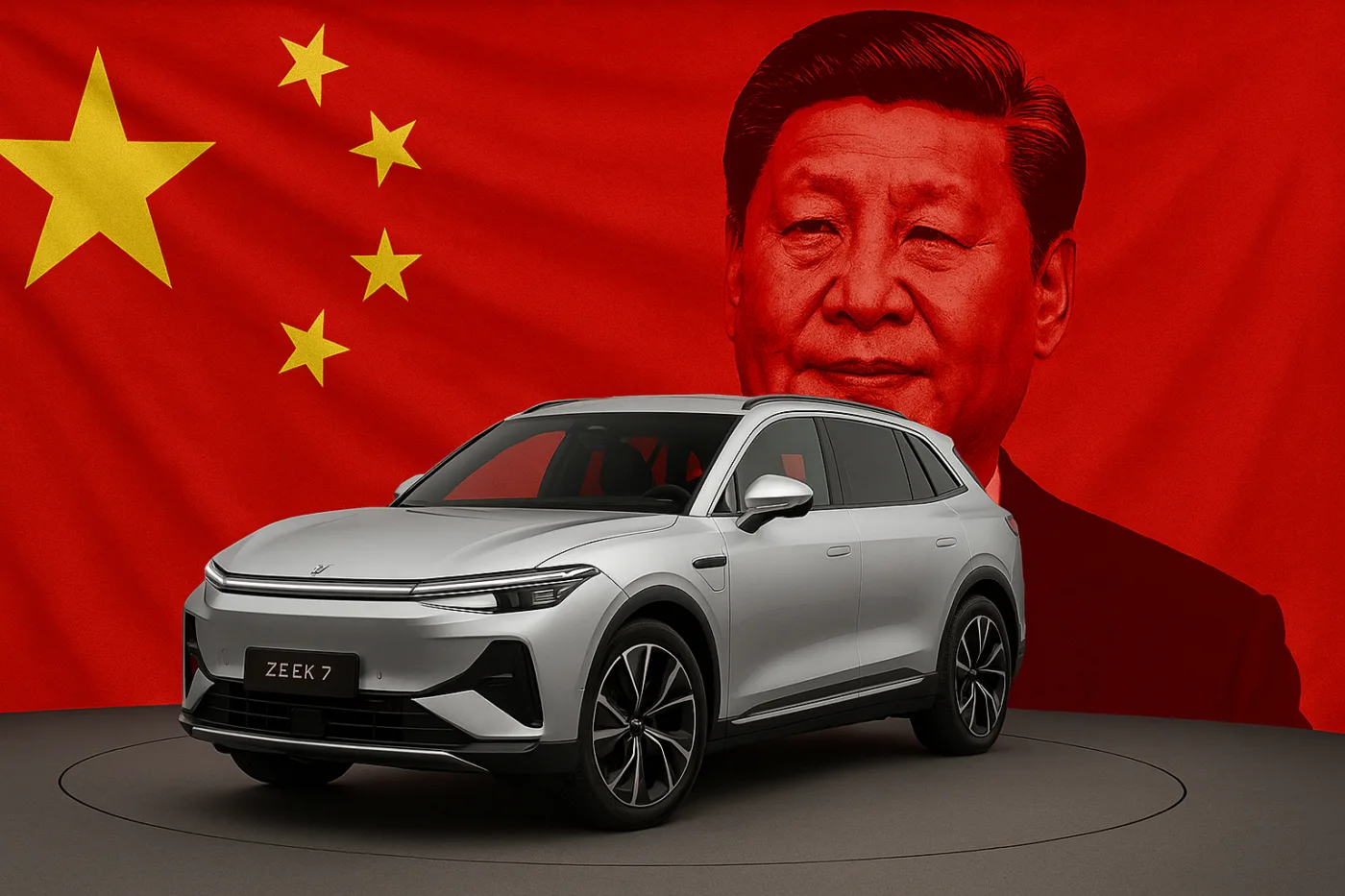If you watch the traffic on the streets of Berlin, Paris or Ljubljana today, you will quickly notice many new car brands that have not appeared in European showrooms until recently. NIO, BYD, Zeekr and MG are no longer exotic "Chinese" cars of dubious quality, but serious players that European buyers apparently have no problem trusting, even at quite high prices. Currently, Chinese cars are sold in Europe for almost twice as much as in China. But this will soon change - and the consequences will be dramatic. In two years, the Chinese will reduce the price of their vehicles by 1/4, and we are still fooling ourselves - that they are playing a game with open cards! AND why will Europe lose its car industry?
Why will Europe lose its car industry? Today, the reality is simple: Chinese electric cars are around 82% more expensive in Europe than at home. To take a concrete example: the BYD Dolphin costs almost 29,000 euros in France, while its price in China is a mere 15,000 euros. The same applies to the Zeekr X, MG ZS EV and many other models, which on the European continent have markups of over 100% more. However, the reason is not only taxes, customs and transport - these costs only account for about a third of the difference. The main reason is simple: Chinese manufacturers have estimated that they can offer European buyers the impression of a premium product and ensure high margins.
Why will Europe lose its auto industry? The Chinese "blitzkrieg" of 2027 is approaching
But the real threat is yet to come. The Chinese know that Europe is opening its doors to them faster than European manufacturers are aware of the danger. BYD is already building a factory in Hungary, Chery and SAIC are choosing locations in Spain, Italy and Poland. This means that the 10% tariff will soon fall, transport costs will be significantly reduced, and their own sales networks will drastically reduce distributors' margins. Thus, by 2027, the prices of Chinese cars could fall by almost half of today's markups, which means that European consumers will suddenly get a top-of-the-line electric vehicle at a price that will put European competitors in a very difficult dilemma: either dramatically reduce prices and thereby lose profits, or accept the loss of market share. Once the Chinese have established the possibility of sales and service and the possibility of supply, they will start a price war and lower their margins in the EU by at least 1/4 of the current price of cars already imported into the EU. At that time, they will be dominantly competitive.
Threat to the European automotive industry
The forecast from AlixPartners analysts is clear: by 2030, China will sell around nine million vehicles a year outside its home market – almost half of the European market. If we extrapolate this trend to 2027, it is clear that European car manufacturers could fall to a modest 25% market share of new vehicles. Volkswagen, Renault and Stellantis would thus find themselves in an existential crisis, as they would either have to quickly and aggressively reduce their production costs or accept a significant drop in sales at high losses.
What does this mean for us, the consumers?
The crisis in the European auto industry is not just a problem for manufacturers. Around 500,000 jobs are at risk, especially in countries such as Germany, France and Italy. In the long term, the issue of Europe's energy and technological dependence on China may arise, bringing new geopolitical challenges.
If the European car industry wants to survive the coming Chinese price war, it must react immediately. We need a radical change of approach: intensive investment in our own battery production capacity, software and the development of new technologies. Above all, European manufacturers must stop relying on brand and history and start competing on innovation and price competitiveness.
Otherwise, the year 2027 will effectively mark the end of European automotive dominance – and the beginning of a new, Chinese era of automotive in Europe.






